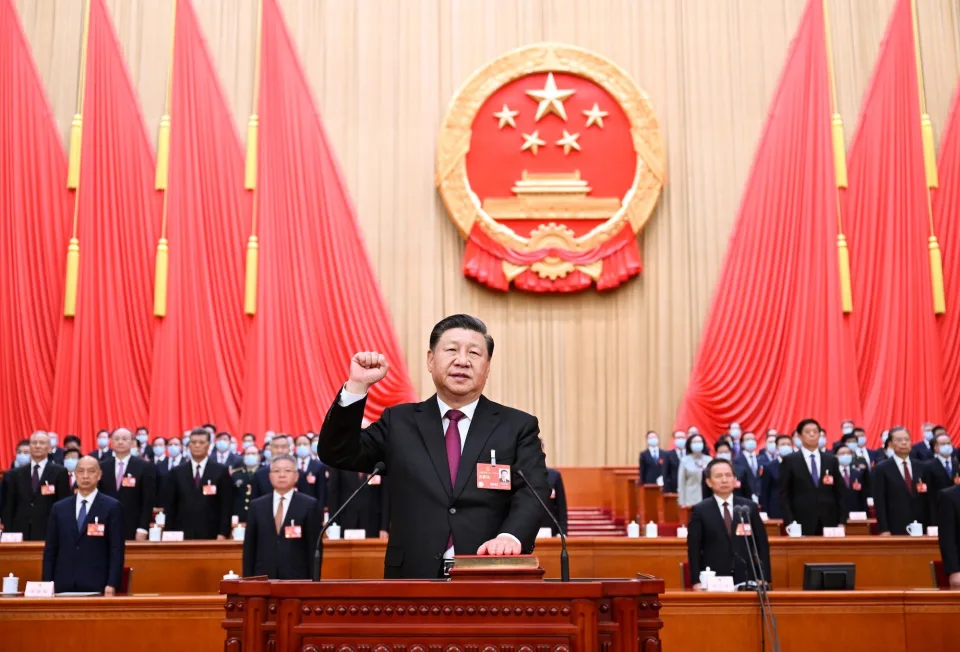- China’s economic rebound narrative is not what it seems, Ruchir Sharma wrote in the Financial Times.
- Many indicators of growth are underwhelming, the chair of Rockefeller International said.
- “A growth model dependent on stimulus and debt was always going to be unsustainable, and now it has run out of steam.”
Confidence that China’s economy can rebound from Covid restrictions is untethered to economic realities, Rockefeller International chair Ruchir Sharma wrote in the Financial Times.
“Something is rotten in the Chinese economy, but don’t expect Wall Street analysts to tell you about it,” he said, listing several indicators that point to underlying weakness.
For example, Wall Street’s assumption of 5% GDP growth would suggest corporate revenue growth of 8%, but it rose by 1.5% in the first quarter.
In fact, corporate revenue is slower than GDP in 20 of the country’s 28 sectors, and the MSCI China stock index down 15% from a January peak, he added.
Imports — a strong indicator of consumer demand — dropped 8% in April, and credit growth last month was half as fast as forecasts. In addition, youth unemployment hit 20% and is rising.
“These facts point to the source of the rot,” said Sharma.
Since 2008, China’s economic model has been driven by government stimulus and rising debt, especially in property markets, he explained.
But now Chinese debt service already accounts for a third of disposable income, excess savings in China are equal to 3% of GDP compared to 10% in the US, and China’s growth potential is only half of its 5% target due to a shrinking population.
“A growth model dependent on stimulus and debt was always going to be unsustainable, and now it has run out of steam,” Sharma added.
Instead of becoming the main drivers of growth, the property market has fallen into a debt crisis. The increasing inability to finance the debt has reverberated across markets, with industrial sectors slowing at a quicker rate than consumer-related firms.
Despite this, Western observers continue to hold out that China’s rebound narrative is still within reach, which Sharma finds detrimental to eager investors.
“‘Boomy’ chatter has contributed to investors’ loss of hundreds of billions of dollars in China in just the past four months,” he said. “Further, global growth may prove weaker than expected in 2023, since the hope is that a US downturn will be countered by the China reopening boom, which may never come. It is time to expose this charade before the fallout gets worse.”

